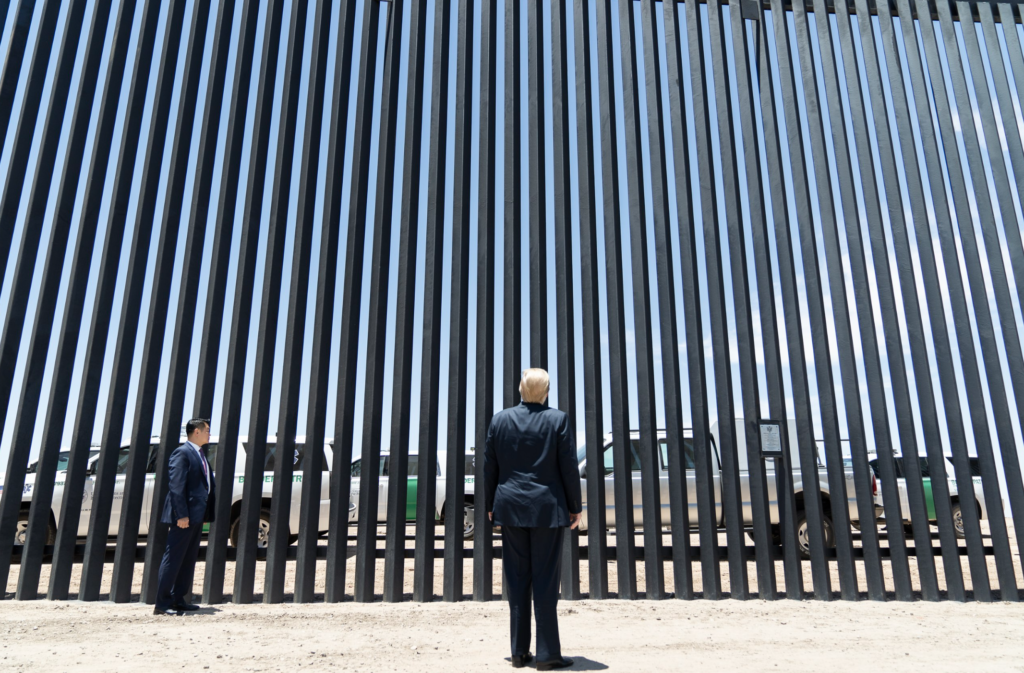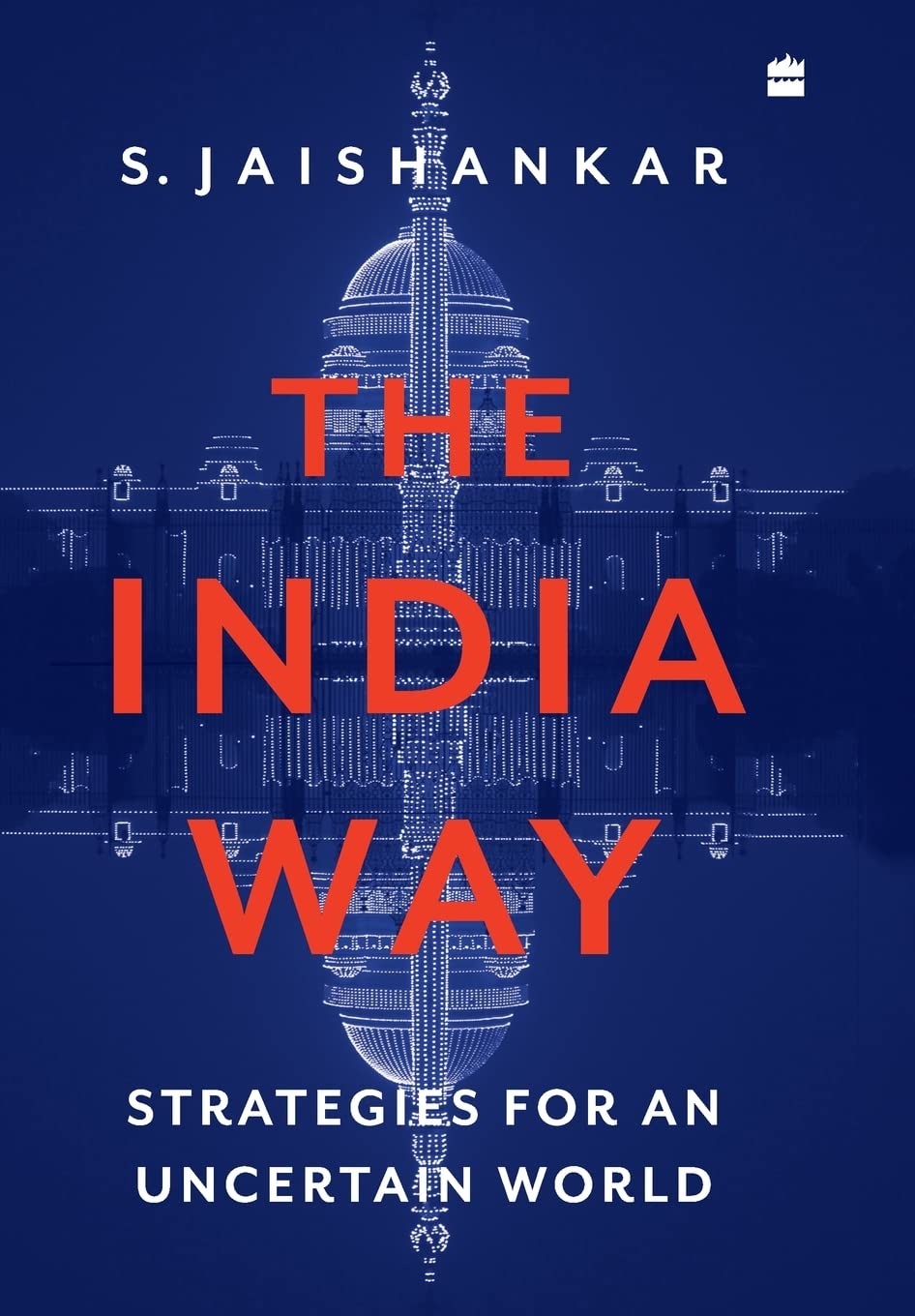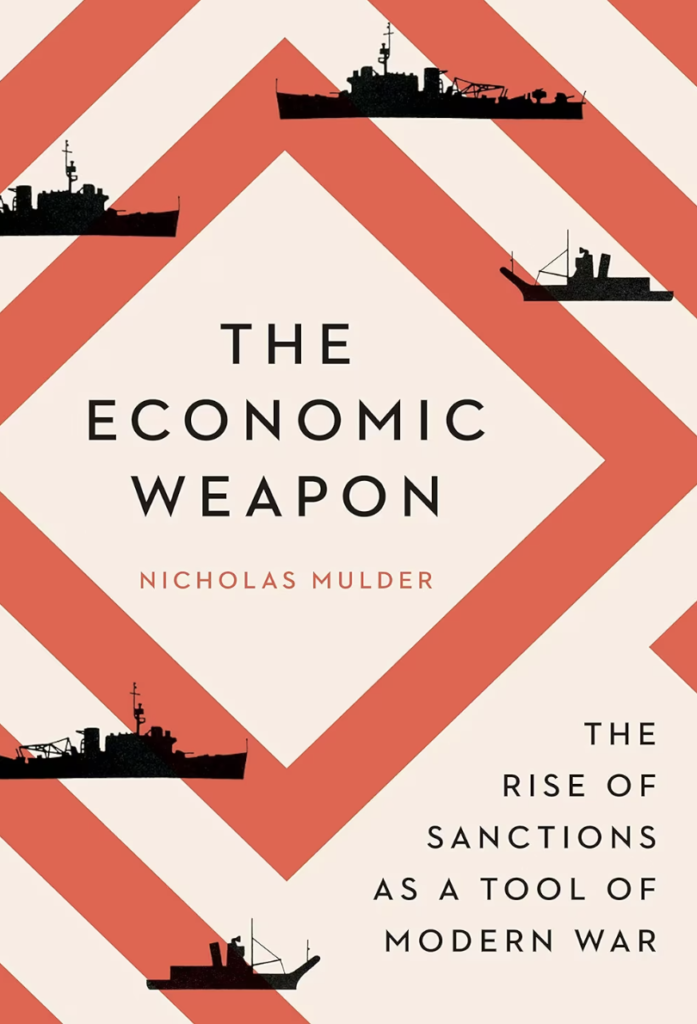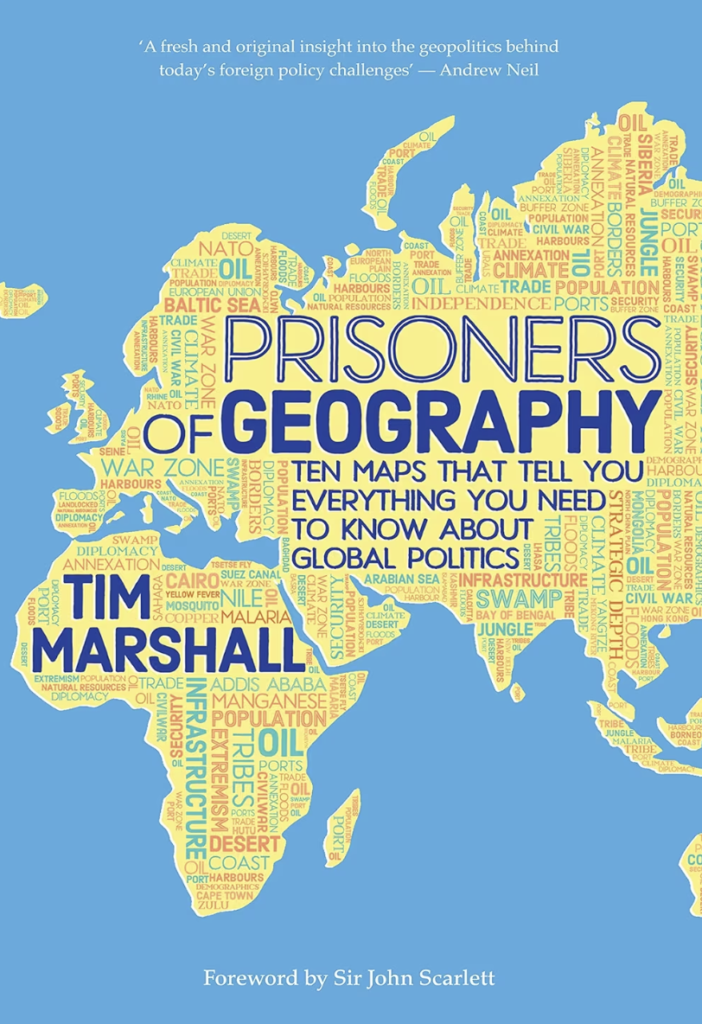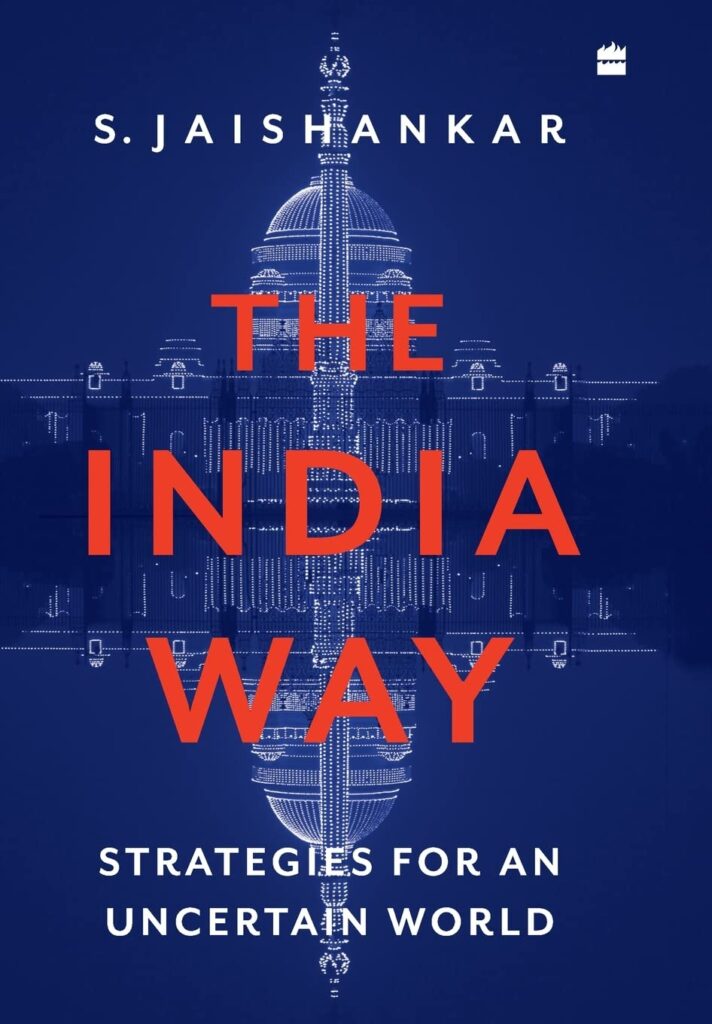Has globalisation really created a ‘borderless world’ in the post-Cold War era?
It has been stated that we are increasingly moving towards a borderless world. How true is the statement and what are the consequences, if so?
To answer these questions, we need to go back a little. The substantial innovation and transformation which took place in the 90s unequivocally accelerated the process of ‘globalisation’ but what actually is globalisation? The plethora of definitions which attempt to define it share some analogous elements which include the explosion of new international organisations, an acceleration in cross border activity, the infiltration of technology and communications in all aspects of life, the inexorable spread of market capitalism and a restructure of the political landscape, resulting in de-territorialisation of geography and social space.
Subsequently, scholarly attention has shifted towards the changing nature of the state and questions are being asked about whether it retains the autonomy or capacity to perform its traditional roles, including the management of borders. Ok, so what are borders? Borders are one of the most distinct features of the international state system, they not only distinguish territory but “shape, divide and unite the world’s societies”. Borders are a product of modernity, emerging from overlapping jurisdictions in medieval Europe to form the parameters of the modern sovereign state. Conceived by a series of 1648 treaties originating in Westphalia, the fundamental principle held that one state should not interfere within the territory of another state. In this sense, borders are the territorial markers of the limits of sovereign political authority and jurisdiction, located at the geographical edge of the polity.
Ok, so if borders geographically demarcate physical land then in a ‘borderless world’ the concepts of sovereignty, jurisdiction and power, which are tied to physical land, would cease to exist, right?. Surely, borders will endure as the territorial markers of the limits of power for as long as politics persists.
Let’s look at arguable the most famous border of the twentieth century – the Berlin wall. For 28 years, the wall served to physically and ideologically divide two sovereign territories and in 1989 it all came crumbling down. The Berlin Wall which once seemed the ultimate symbol of the rigidity and permanency of international borders lost its practical and symbolic meaning. The bipolar system which had characterised the international politics for 45 years had collapsed and out of the debris rose a victorious America seeking to promote its western way of life around the globe. This came in the form of neoliberalism – an ideological and economic belief system grounded in deregulation, privatisation and open borders which spread exponentially across the globe in the 90s. This generated immense levels of trade, travel and investment overseas, and resulted in the growth of transnational corporations (TNCs).
At the same time, the ‘Dot.com’ revolution heralded a wave of silicon-valley start-ups seeking to exploit the new economy of the World Wide Web. The commercialisation of the internet established ‘e-commerce’ and saw most of the start-ups eventually transform into tech-giants such as Amazon, Yahoo, Google, MSN, Netflix and eBay. The introduction of the internet into peoples homes resulted in a proliferation of virtual online communities which effectively collapsed the concept of physical distance. This dramatic change of the global socio-spatial order constructed an imagined perception that the world was getting smaller. Conversely, the flood of online information about things happening around the world also made issues feel more iminent.
This was viewed by many as an irreversible and incredibly damaging process, heralding the obsolescence of national entities, peoples and cultures. Some warned that the new era of globalisation meant that the walls of sovereignty were incapable of protecting against the movement of capital, people, information and ideas – which in this case meant a rise in immigation and potentially subversive thinking that would in turn, restrict sovereign claims by the state to its people and as a result, weaken cultural control and homogenisation over territorial space. Some even went as far as to say say that this continuing process of deterritorialisation would eventually cause the state system to collapse, causing sovereign territorial borders to crumble, resulting in a true borderless world. In 1999, a growing consensus had formed that globalisation was actually a good thing. Japanese men were chatting with brazilian men in online car forums about how to modify their Mazda MX-3’s, South Korean women were expressing their disdain to French women about the apartheid in South Africa. Ok the point that I’m trying to make is that globalisation meant that there was an overall better understanding of foreign values and attitudes, less stereotyping and fewer misconceptions about other people and cultures.
This was abruptly interupted following the coordinated terror attacks against the USA on the 11th September 2001. The events committed by al-Qaeda drastically altered the global security landscape, resulting in a renewed determination to assert greater control over national borders. As Borger (2007) famously commented, “the new age of wall has begun… ramparts and stone fortifications, regarded until recently as national relics and tourist attractions, are now back with a vengeance”. This resulted in a shifting of political winds towards a type of politics which stressed sovereignty, nationalism and a reawakened commitment to reterritorialisation.
Two decades after 9/11, globalisation has continued to accelerate at an impressively formidable rate. States and populations alike have reaped the cultural, political, economic and technological benefits facilitated and promoted by globalisation. However, there still seems to be unwaivering support for rejecting it altogether. In 2016, Donald Trump became the president of the United States based on a campaign which vowed to end the era of ‘American carnage’ by rejecting the ideology of globalissation and embracing the doctrine of patriotism. In a speech at the United Nations, Trump boldly urged other world leaders to ‘put your nation’s first’ and ‘reject threats to sovereignty’ because there is no substitute for strong, sovereign, and independent nations. In the same year as Trump’s election, Britain voted to leave the European Union (EU) pledging to “take back” its sovereignty in order to fully secure its borders from the “citizens of the world” or as Prime Minister Theresa May described them “citizens of nowhere”. Elsewhere in Europe, a surge of right wing nationalist populist parties garnered support by politicising socio-cultural issues, conflating Islamic terrorism with migant crises. The result was temporary and permanent reintroductions of border controls within the Schengen area citing terrorism, migrant and security risks as the justification. Even in 2024, the right-wing surge in the polls seems bigger and bolder, with one predicting the nationalist right and far right could pick up nearly a quarter of seats in the European Parliament in June.
Territory has long been viewed through a zero-sum lens whereby a territorial gain by one state is a territorial loss for another. This line of thinking has dominated international relations for hundreds of years and has been a key determinant in many international conflicts. As a result of this, contemporary international law tends to favour the status quo regarding international borders. The territorial integrity of states is required before joining most international organisations, as set out in Article 2, Paragraph 4 of the UN Charter which states “all members shall refrain in their international relations from the threat or use of force against the territorial integrity or political independence of any state”. Therefore, such claims that global governance reduces the importance of national borders are refutable, instead they maintain border primacy by requiring territorial certainty for prospective membership.
Some argue that borders set the limits of power and power is often associated with the principle of ownership. In other words, borders will remain significant as long as the land and everything in/on/under it can be ‘controlled’ or ‘owned’. Even now, territory remains inescapably linked to natural resources and so the dissociation of power, from control of land is highly unlikely to occur.
Even traditional geopolitics (believed by many to be a relic of the 20th century) has resurfaced in current international relations. This is evidenced by an expansionist Russia invading Ukraine in 2022, Israel’s mass destruction of Palestine over the West Bank and Gaza Strip, and an aggresively defensive China beefing everyone in its neighborhood over a vaguely located border known as the nine-dash line. The South China Sea remains at the centre of the regions territorial disputes which is mainly between China, Brunei, Malaysia, Indonesia, the Phillipines and Vietnam— all of whom make sovereign claims over the waters. I mean Vietnam literally banned the Barbie movie over a map featuring the nine-dash line so that’s how serious this is, lol.
Although these actions demonstrate a complete disregard for other states’ sovereign borders and in a warped way support claims of a ‘borderless world’ the primary intentions were always to reassert ‘control’ of territory. In both cases, two sovereign territories are referring to borders to underpin their territorial claims; China’s contested ‘nine dash’ borderline along with Russia’s border of the former Soviet Union both strengthen the argument that borders really are are “territorial markers” and, therefore, justification for the use of coercive power.
As the 1648 Treaty of Westphalia stipulated, states possess the sovereign authority over everything within their jurisdiction and should not interfere within the territory of another state. In legal (and simple) terms, borders function as imagined barriers protecting the state from outside interference. This principle of exclusivity, however, does not seem to apply in cyberspace.
With just over 66.2% (as of Jan 2024) of the global population now connected online, it is much harder for governments to control the flow of data within and across their borders. Debates about cyber-warfare, cyber-security, and cyber-sovereignty have raised serious security questions into the degree of control governments actually have. In 2019, Putin signed the ‘Sovereign Internet Bill’ which sought to align cyber space with Russia’s physical sovereign borders, supposedly guaranteeing complete insulation from outside interference. This concept is not new and is based upon China’s ‘Great Firewall’ which is considered to be the “vanguard of the global cyber-sovereignty push” as it demonstrates that internet censorship can coexist with economic dynamism. China’s ‘Great Firewall’ sends a message to the international community that it is open for business but closed for politics.
Furthermore, states still retain the capacity to ban companies from conducting business within its borders and this also applies to companies operating in ‘cyberspace’. Netflix and Facebook each have over one billion cross-border users, however, neither are welcome or available in China. Similarly, India which was the biggest market for Tiktok (owned by China-based ByteDance) banned Tiktok, along with 58 other Chinese apps, in 2020 after a border dispute between India and China flared into violence.
In conclusion, borders are not natural, neutral, or static but rather, historically contingent, politically charged, dynamic phenomena that are central to the formation, maintenance and perception of a nation’s identity and power. The (perceived or actual) threat of a nation’s identity rests primarily on whether the border in question is viewed as a barrier protecting against external forces or a bridge that is letting them in. It will be interesting to see if Mr Trump regurgitates some of the anti-globalist rhetoric that won him the 2016 election in the upcoming 2024 election campaign.
If so, the cries from Ronald Reagan to “tear down this wall!” back in 1987 will soon be replaced with calls from Donald Trump to “build that wall!”.

